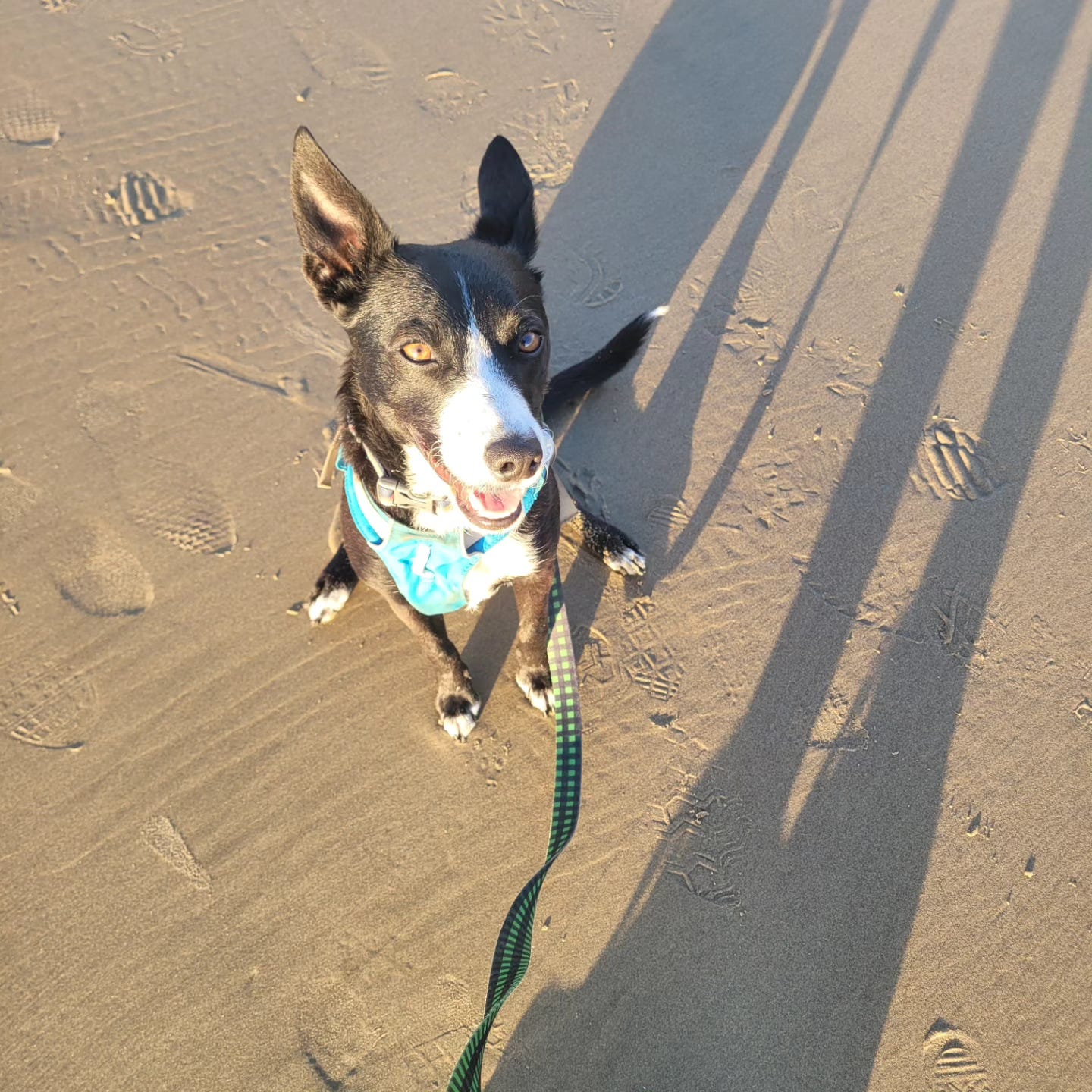Readings for October 22, 2023
I’m not entirely sure what to think of this prickly pair of interviews, but it was striking to read the New York Times interview with the filmmaker Errol Morris on Sunday and the Literary Hub interview with the author Benjamin Labatut on Monday. Both are reluctant interviewees: Morris gets hung up on a question about John le Carre’s penchant for lying and if that affected his new documentary; Labatut takes a more traditional “everything you need to know is in the work” stance, despite refusing to provide access to, like, half of his work. Links are above, so if you can make anything of the prickly interview phenomenon (which has all of two samples in its data set), let me know.
Speaking of prickly, I learned from this essay by Theo Downes-Le Guin that his mother, Ursula K. Le Guin, didn’t appreciate questions about her writing routine:
She felt that too much focus on process was distracting for aspiring writers, and that her answers might sustain the distraction. Eating the same breakfast or using the same pen as Ursula K. Le Guin will not help you write like Ursula K. Le Guin.
He notes that it’s a privilege to write at your preferred writing time, and that almost no one gets to write precisely where and when they want, not even Ursula K. Le Guin (most of the time). It’s best to recognize the minimum requirements for your own quirky creativity—Ursula could write anywhere that was quiet; no coffee shops for her—and write any time those requirements are met. Waiting for perfection will leave you waiting forever.
I joined Twitter in its early days. I had just quit my last “real” job to freelance, and my friend Jason recommended that I join. “It’s like a water cooler for freelancers,” he said, and it was. And then it was much more. And then it was much, much less. I downloaded my tweets last year and nuked my account with no regrets. I already had a Mastodon account that I’d set up in 2017, so I started using that more. And I still have Instagram, which I mostly use to keep tabs on when neighborhood restaurants and food carts are open. I do not miss Twitter one bit, and I never had to experience its incarnation as X.
If you’re on the fence and looking for a reason to land on the ex-X side, here’s a report on how little effect leaving Twitter six months ago had on NPR. Jumping ship frees up time and brain space, whether you’re one person or a national newsroom.
When the book Build the Life You Want: The Art and Science of Getting Happier came out, Harvard had a little Q&A with its authors, the business school professor Arthur C. Brooks, and none other than Oprah Winfrey. I had a free hour, so I tuned in to the live stream, which started late and thus got me less happy. Then I listened to the meaningless platitudes that will certainly be made into memes on Instagram. I dipped out of the event before it was over.
I was not alone in my assessment of this empty nonsense of a book. Anthony Lane makes taking down this book a delight for the New Yorker, where he’s been a film critic for thirty years. Here is but one wonderful paragraph from the book review, which discusses a completely made-up test that divides all of humanity into four types:
You’ve got to love the PANAS test. It means almost nothing, yet it gives you the bracing impression that you’re down on the factory floor, tinkering away on the unique machine that is you. It is, to use Oprah’s splendidly honest term, “science-y,” right down to the vague, if benign, laboratory conditions that Brooks dictates. “To take the test, find a time when you feel relatively neutral about life—say, right after lunch,” he writes. But what sort of lunch? If it’s three o’clock in the afternoon and you’re lingering over coffee and gazing out across the Bay of Naples, you will give thanks for the wonders of creation. Conversely, if you just blew seven dollars and twenty-nine cents on a Subway footlong, you will hold your fellow-humans in contempt and assume, naturally, that the world is an overcooked meatball hung in a meaningless void.
Whose brain doesn’t need a little break? Who couldn’t use some good news? Open this one up on your coffee break to read about the Nonbinarian, a community book bike in Brooklyn that specializes in LGBTQIA+ titles. It’s got mutual aid, fighting book bans, and gender euphoria. Just good stuff.
Break time over! Put your thinking caps back on and consider Samsun Knight’s take on the slush pile, nepotism, and gatekeeping in publishing for The Millions. After lamenting the current state of things (admittedly terrible), there’s a solution at the end that I like: local literary farm teams that function like the way local theaters do for surfacing talent.
It just so happened that the very next thing I read was this essay by the founder of Freeman’s, a literary journal that is ending after a decade-long run. He not only celebrates the work he was able to achieve in the literary world — 10 issues, hundreds of events — he celebrates all of the journals that have popped up, served their purpose, and moved on.
There is surely something to be said here about these two essays and the place of the both rewarding and thankless literary journal in reading culture, but I’m not up for it this morning. I’m on the Oregon coast for a couple of days because I needed a break and to finish a couple of writing projects and to let my dog be a dork in the sand. The free coffee in the resort where I like to stay is weak, and so is my brain. You all should read those stories and come to brilliant conclusions and write it up for your Substacks. Message me when you do, because I would genuinely love to read it.
You Can Support Me By…
…hiring me to edit your book.
…buying my books directly from my publishing company, Practical Fox.
…buying my books from Bookshop.org (or any online bookshop).
…ordering books from your local bookstore; all my books are widely available.
Beach Day

